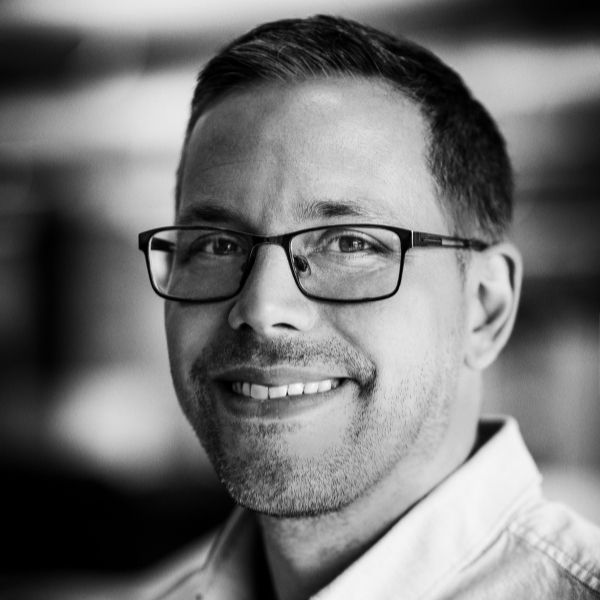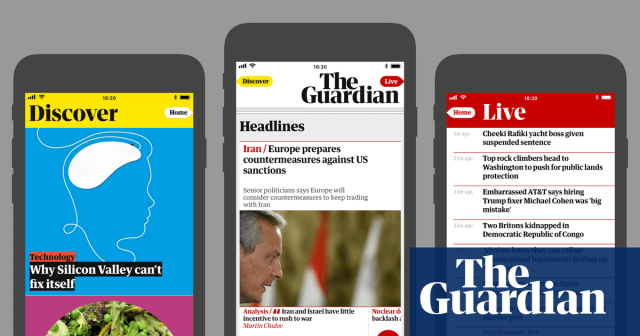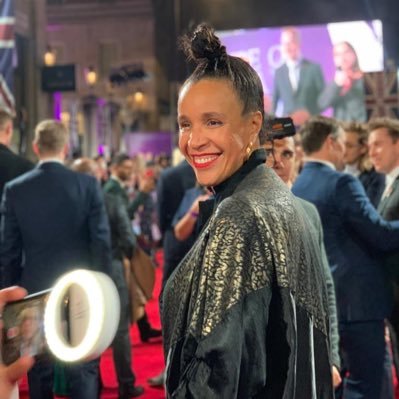My job title is...
Head of retail and print subscription at The Guardian. My role involves budgeting, planning and leading a small team to manage the print revenues for our newspapers in the UK and Ireland and our global weekly magazine.
I grew up in...
Watford. I wasn't the most eager academic and left school after my GCSEs in search of a bit more freedom. I took up some A levels at college, met some brilliant people and managed to balance having a nice time with achieving a couple of respectable A levels in English literature and business studies.
I got into my career by…
Joining a management training program with John Lewis rather than going to University. I spent the next three years learning a lot and having to do a lot of growing up! From there I went into recruitment and headhunting where I spent nine months realising I really didn't want to be in that industry. Sometimes doing something you really don't enjoy can teach you a lot about yourself and what you want. I joined the Guardian as a retail territory manager and moved into the London office eighteen months later. My Guardian career has been spent in Print Publishing but I've done IT and tech, analysis, wholesale management as well as led various teams and projects, it has certainly never been boring!
When I was younger...
Would I have seen myself in this career? Absolutely not. My experience was limited to working in retail part-time so I couldn't imagine much beyond that and I had no idea what I wanted as a career. I'm incredibly fortunate to be able to say that I enjoy most aspects of my job. My role is pretty varied so I can be knee deep in spreadsheets or sitting in editorial conferences discussing events and what might be covered in upcoming print editions. Most of all though, it's being proud of what we do as an organisation.



